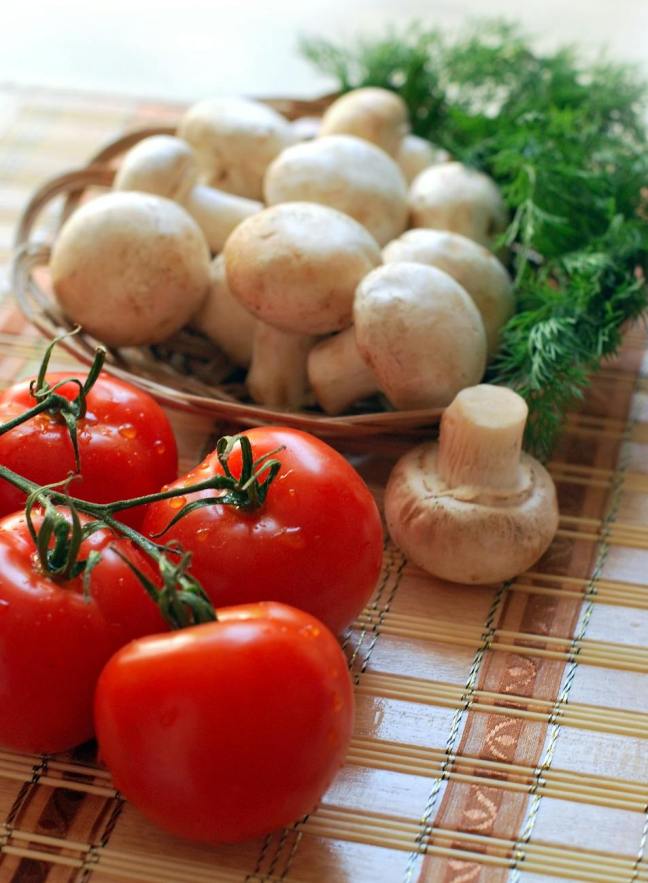Your Total Guide To Adaptogens | Part 8 | Holy basil
Holy Basil | Tulsi | An adaptogen
Tulsi, also known as holy basil, (not to be confused with culinary basil) is considered an adaptogen. Adaptogens are a group of natural substances that help the body adapt to stress and maintain homeostasis, or balance, within the body.
Holy basil is known to have antiviral, antibacterial, and anti-inflammatory properties.
Tulsi has been used in traditional Ayurvedic medicine for centuries and is believed to have apoptogenic properties that can help the body cope with physical and emotional stress. Research has also shown that Tulsi has anti-inflammatory and antioxidant properties, and may have a positive effect on the immune system.
Some potential benefits of Tulsi include:
- Reducing stress and anxiety: Tulsi has apoptogenic properties, which means it can help the body cope with stress and reduce anxiety.
- Boosting immunity: Tulsi is rich in antioxidants and has anti-inflammatory properties, which may help boost the immune system and fight off infections.
- Improving respiratory health: Tulsi is known to have antiviral, antibacterial, and anti-inflammatory properties, which may help improve respiratory health and relieve symptoms of respiratory infections like cough and cold.
- Managing blood sugar levels: Some studies suggest that Tulsi may help lower blood sugar levels in people with type 2 diabetes by improving insulin sensitivity.
- Supporting cardiovascular health: Tulsi may help reduce cholesterol levels and blood pressure, both of which are risk factors for heart disease.
- Improving skin health: Tulsi contains antioxidants and anti-inflammatory compounds that may help reduce acne and improve overall skin health.
- Enhancing cognitive function: Some studies suggest that Tulsi may have neuroprotective properties and may help enhance cognitive function and memory.
Holy basil can come in different forms. It is possible to distinguish the different types by comparing the color of their leaves.
The three most common types are:
- Rama or Sri Tulsi, which has green leaves
- Krishna or Shyama Tulsi, which has purple leaves
- Vana or wild/forest Tulsi, which has dark green leaves
A 2017 systematic review of the scientific literature on holy basil found no side effects from taking the herb.
There are many ways to use holy basil, depending on a person’s reason for using it. For example, people can try:
- making tea from the leaves
- consuming the seeds or leaves
- using oil from the seeds
- taking supplements in the form of capsules or pills
In Hinduism, the whole plant has both ceremonial and practical purposes:
People use holy basil for spiritual reasons, such as purification, while the scent of the herb keeps harmful insects away.
Medicinally, there are multiple ways to take holy basil, including the following methods.
Tea
To make holy basil tea, add hot water to dried leaves and leave to brew for 1–2 minutes.
Plant
In Hinduism, holy basil is a Goddess, and all aspects of the plant are sacred.
Keeping a holy basil plant within the home is considered to have mental and spiritual benefits.
Oil
People can use the oil from holy basil seeds orally, but they can also use the oil on hair and other external parts of the body.
Additionally, holy basil oil can be an essential oil, which people can use in diffusers or candles, among other options
Supplement
As a supplement, holy basil can come in the form of capsules or pills. Directions for use vary depending on the quantity of holy basil in the supplement. People should always follow the advice on the label.
https://www.ncbi.nlm.nih.gov/pmc/articles/PMC4296439/


































































































One thought on “Your Total Guide To Adaptogens | Part 8 | Holy basil”